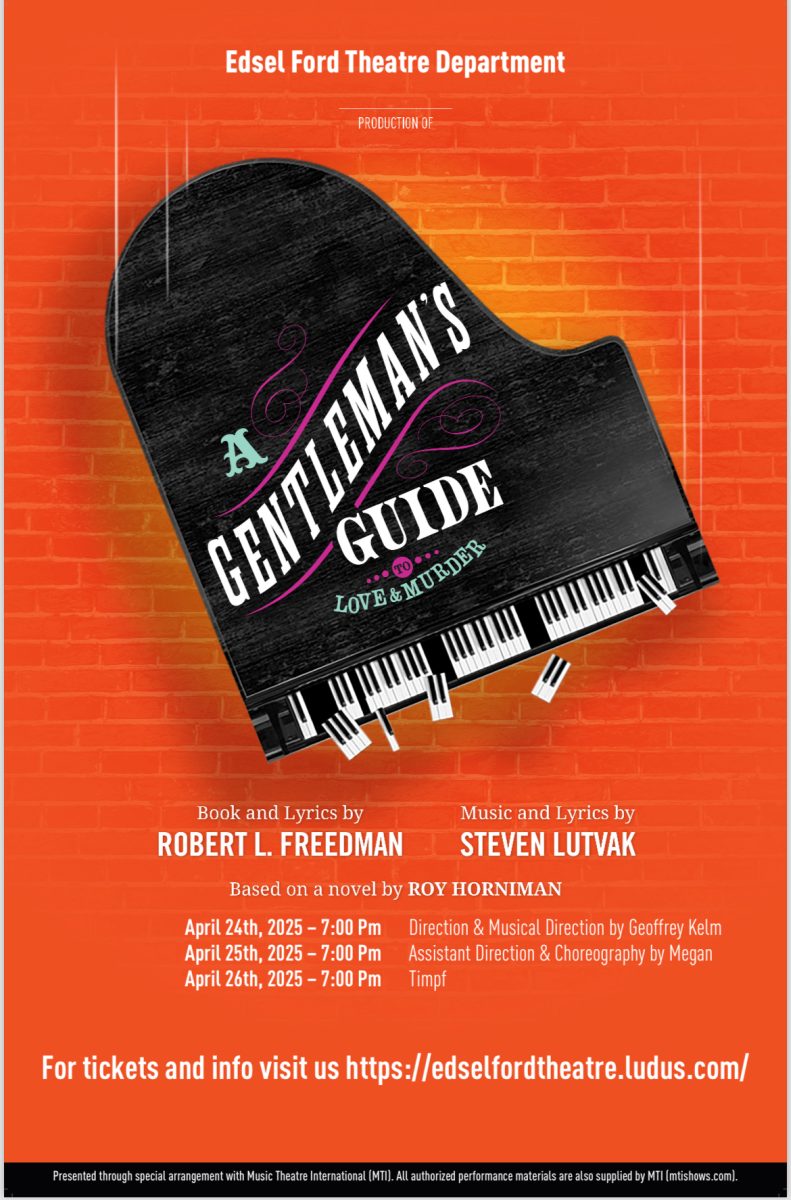AP Exam Tips
High school is already stressful enough, especially if you’re a junior or senior with a plate full with homework, college applications, SATs, and many other important activities. That is why prioritizing a study schedule will be greatly beneficial to your success—not only in passing AP exams, but in passing other classes and landing a good score on your SAT.
December 14, 2022
For all those who just submitted their orders for the upcoming AP Exams, I’m sure you’re feeling nervous. AP classes are no easy task, and the prospect of the difficult, college level exam at the end of the year can be terrifying for many. However, with extensive time and rigorous preparation, you could be setting off into college with lots of credits already finished. That could potentially save you hundreds of dollars on college classes, textbooks, and could also shorten the list of classes needed to graduate with your degree. Good thing for all of you, it’s still early enough to start preparing, and here’s how:
- Don’t waste any time:
AP tests were written with the intent of making it very easy to fail, which makes procrastinating a one way ticket to wasting all that money you spent. Waiting until the last minute to start cramming the information needed to pass the test will only make matters worse, which leads us to number 2:
- Plan a study schedule:
High school is already stressful enough, especially if you’re a junior or senior with a plate full with homework, college applications, SATs, and many other important activities. That is why prioritizing a study schedule will be greatly beneficial to your success—not only in passing AP exams, but in passing other classes and landing a good score on your SAT. Just setting aside an hour or two every week to look over, review, or study the material in your AP class will definitely increase your chances of passing. A good idea would be to start studying lightly now, and get more serious with your studying each month.
- Form a study group or study with your friends:
Some people tend to understand or take in information better when studying with others. If you fall into that category, start a study group with others who are taking the same exam. The many benefits of studying in groups include eliminating procrastination, filling in gaps in your notes or your knowledge, and lessening the monotonous boredom of studying alone. Another good idea would be to speak to people who have taken the same exam previously, because they know how it goes, what you need to do to pass, and the things that come up in the exam.
- Invest in good study materials:
Unfortunately, just paying attention to the material being taught in your class may not be enough to guarantee a passing score on your exam, there has to be more effort put in. Luckily, there are many good study materials out there; like study books, flashcards, and practice tests. Example FRQs, questions, and practice tests are all over the internet, so in this case, Google is your best friend. If you joined your class on the CollegeBoard website, you should have access to plenty of review videos on the information important for the test. If you haven’t, you should talk to your teacher immediately. CollegeBoard also uploads FRQs and tests that have shown up on previous tests, so make sure you’re looking over those. In my personal experience, the greatest study material that I used was the review books. However, they can be quite pricey, especially if you are taking more than one exam. Thankfully, many libraries have lots of them on their shelves, including the Edsel Ford library. Check if they have the study book you need! If you instead want to buy your own, there are many different brands of books. Depending on the subject you are testing on, some books are better than others, so you have to research which one is best for you on your own. There are many websites that go into detail about each one, but generally, some of the best books tend to be from brands like Princeton Review, Barron’s, Crash Course, and 5 steps to a 5.
Now that the basic tips are laid out, you have to understand that to pass an AP exam, you have to understand the way the exam is made. It’s important to know that many exams have essays that have to be well written enough to pass. Study books typically go over the layout of each exam and how to conquer the questions and essays, but according to mentor Ellen McCammon in her article, 6 Critical AP Exam Tips to Ace Your Tests, the key takeaways are:
- Do easy questions first and come back to the harder ones later
- Answer every question, but only guess after eliminating all the answers you know are wrong
- Bring a watch and manage your time carefully
- Carefully plan out your essays before you start writing (this tip doesn’t apply to those APs without essays)
- Bring water and a snack for the break
- Maintain positive self-talk, even if you hit a snag
For those who are taking their exam for the first time, the possible scores you can get on an AP exam are 1, 2, 3, 4, or 5. Scores of 1 and 2 are considered failing, and unfortunately, get you no college credit whatsoever. Scores of 3, 4, and 5 are considered passing, but keep in mind that colleges pick and choose what scores earn college credit. Take for example the University of Michigan, which only accepts scores of 4 and 5 for the APUSH exam, and not scores of 3. If you have a potential college you want to attend in mind, make sure to research what scores they accept for each test. This information is available on CollegeBoard. It also depends on the major you are planning on going into. For example, if you’re planning on becoming a Biology major, a 3 on the AP Biology exam probably won’t get you any college credit. Doing your research ahead of time and preparing for what you want is key. Also, the dates of your exams are available on CollegeBoard. Good luck everyone!
















